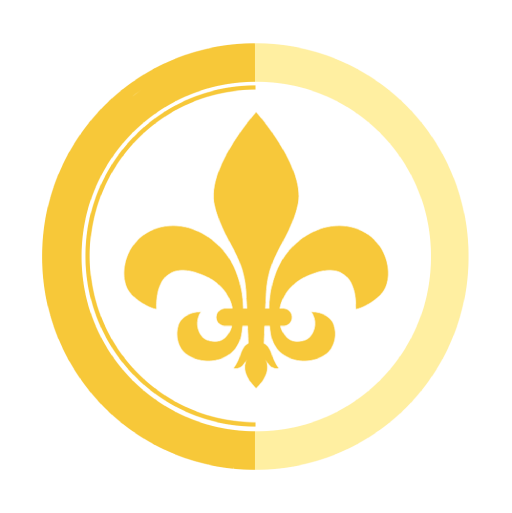Understanding Scrum Roles, Artifacts and Terminology | Glossar
Scrum, a popular Agile framework, relies on three critical roles: the Product Owner, the Scrum Master, and the Development Team. The Product Owner maximizes product value, managing and prioritizing the backlog based on business needs. The Scrum Master, a servant-leader, supports the team, removing obstacles and promoting Scrum principles. The Development Team, self-organizing and cross-functional, is responsible for delivering shippable product increments each Sprint. Together, these roles facilitate continuous improvement, rapid response to feedback, and effective product development.
